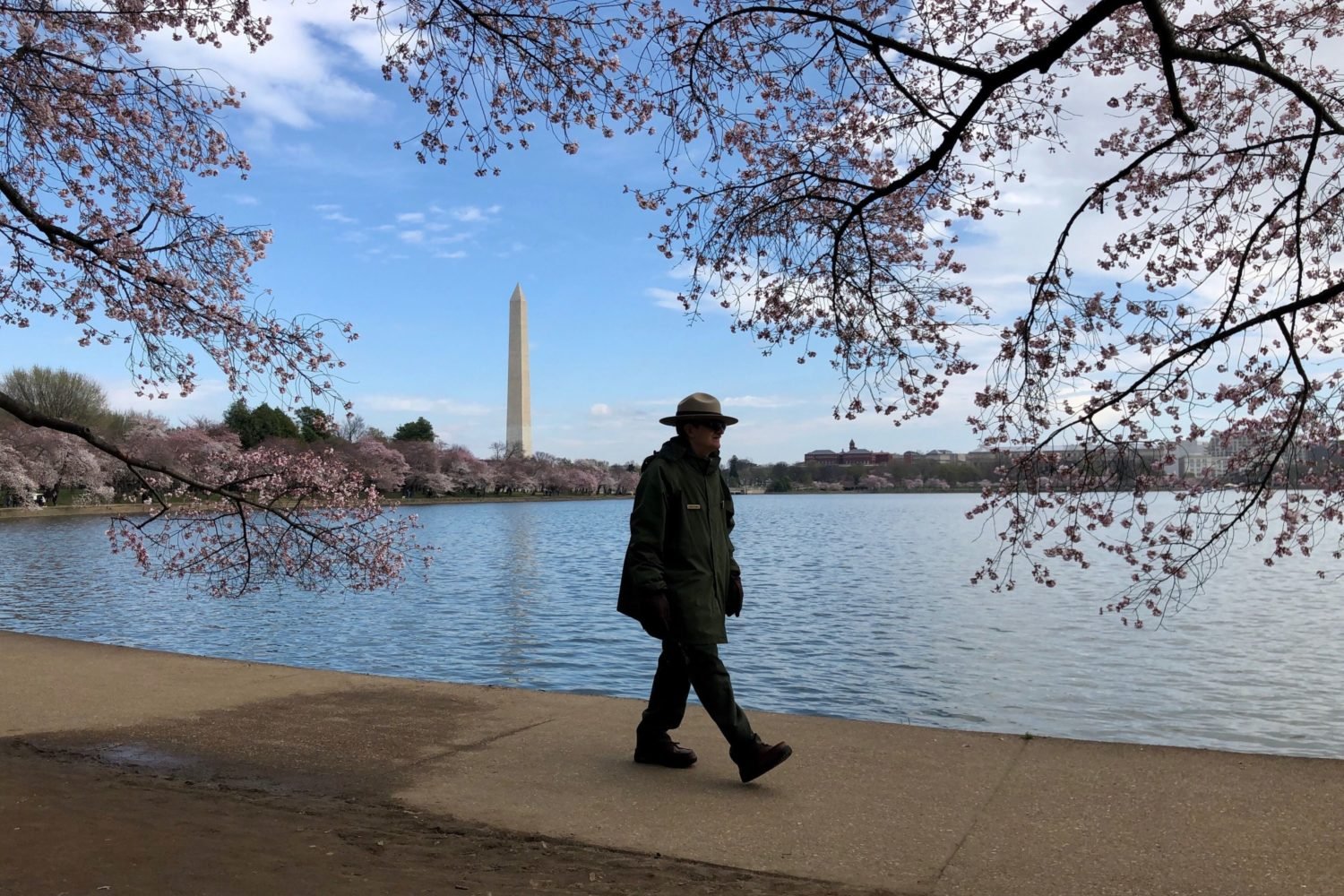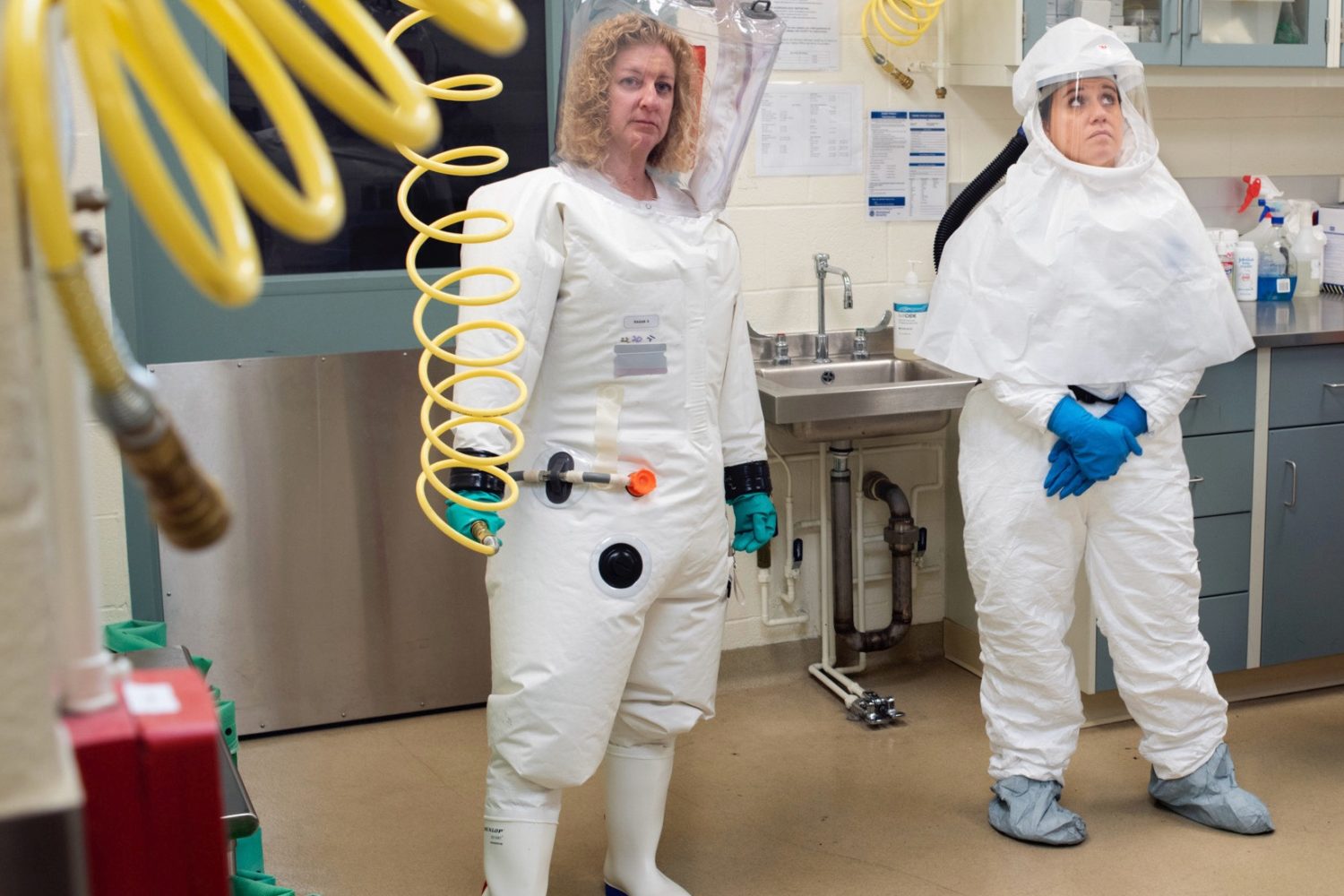About Coronavirus 2020
Washingtonian is keeping you up to date on the coronavirus around DC.
Dear Dr. Sulmasy,
I’m the father of a 9-month-old child and three years ago I was treated for cancer. I was initially led to believe that I was at higher risk for getting seriously ill from coronavirus because of my medical history and, on account of that belief, I pulled my child out of daycare. I understand that children typically don’t get seriously sick from the virus, but they can—I believe—serve as vectors for the virus, and I was worried that my daughter might bring the virus to our house. Recently, however, my doctor told me that despite my medical history, I’m not at higher risk for getting seriously ill from coronavirus. At the same time, my wife and I are finding it difficult to manage our jobs—both of us are working from home—while caring for our daughter. Our daycare is still open. But I worry that if we send her back she might increase the risk that a daycare employee or another child might contract the virus. Is it ethical for me to send her back to daycare?
Daniel P. Sulmasy, MD, PhD, acting director of the Kennedy Institute of Ethics and faculty member of the Pellegrino Center, Georgetown University: Your question raises two excellent points. First, patients with medical conditions who are unsure about their risk for coronavirus should consult their doctors (preferably by encrypted medical email or telemedicine). Cancer survivors whose treatment did not leave them with permanent damage to the heart, lungs, or immune system are not at greater risk of contracting COVID-19. By contrast, many patients undergoing active cancer treatment are at higher risk and should take extra precautions, but should not defer needed medical care out of fear of contracting coronavirus. The risk of dying of cancer likely far outweighs the risk of dying of COVID-19.
The second issue about daycare is trickier. While universities and schools are closed, daycare has remained open in many jurisdictions. In large measure this is because daycare is often needed to enable health professionals and first responders like firefighters and police to do their jobs. Yet we all know that daycare centers are like viral tissue cultures—children playing together often have close contact and spread all kinds of viral illnesses to each other and to their families. The same will doubtless be true for COVID-19. And since older persons are more susceptible to severe disease than are children, toddlers can be asymptomatically infected and pass the disease to grandma. Daycare centers that are still open therefore have special obligations to disinfect surfaces and try to keep children at a safe distance from each other. Sick children should be kept home.
So how does this affect you? I think the ethically best choice would be not to send your child back to daycare. True, your work productivity will be a bit lower, and we all have duties to try to keep working as best we can to keep the economy from faltering further. But one less child at daycare will, as you suggest, make the daycare center a bit safer, better enabling those who really need the service in order to perform vitally important social services (doctors, nurses, firefighters, police officers, and the like) to do their jobs for us. We can hope this won’t last too long, but it seems to me that doing a little bit more for everyone’s sake is the right thing to do.
If you have a question for the coronavirus ethicist, email lmullins@washingtonian.



















